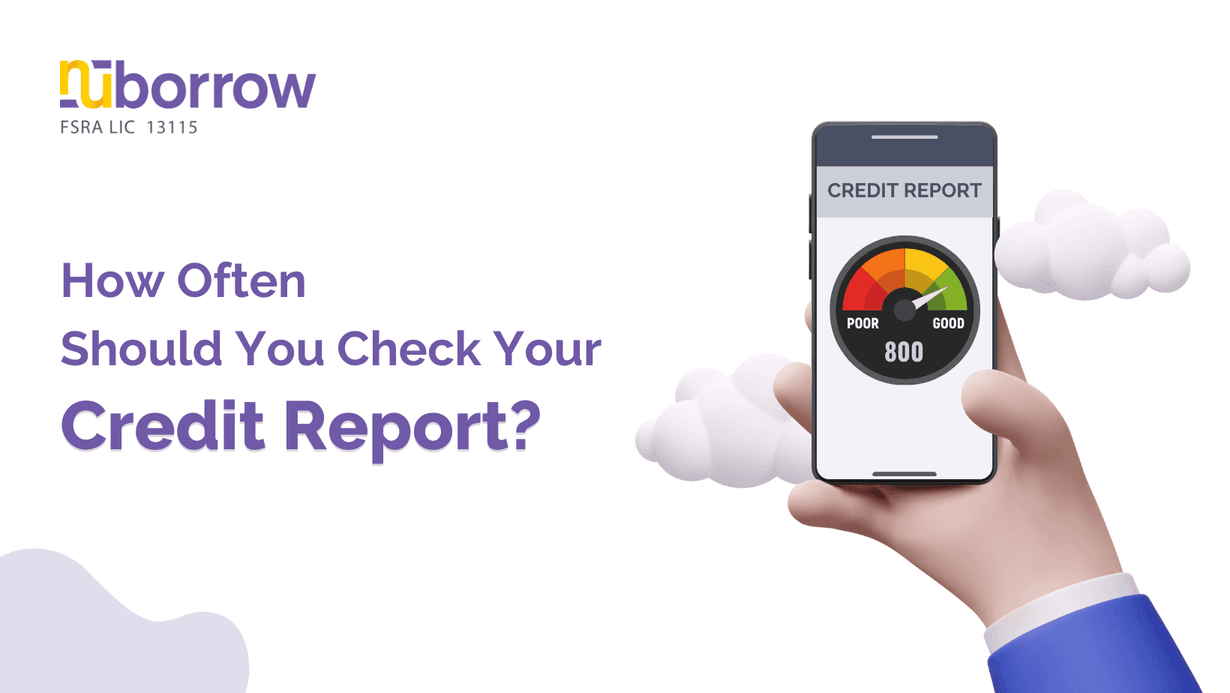How Often Should You Check Your Credit Report?

Just like you go to the doctor for regular checkups, you must check up on your credit health regularly too. Most people think checking their credit report once a year is enough, but it’s not. In today’s era of identity theft and hacking, you must stay on top of your credit report and catch errors or fraudulent information early. The longer you let it sit, the harder it is to remove from your credit report and the more damage it does. So how often should you check your credit report? Ideally, you should check it monthly, but at the very least, quarterly. Here’s why.
Reasons to Check your Credit Report Frequently
It may sound like just another thing to add to your ‘to do’ list that doesn’t get done, but we don’t recommend skipping checking your credit report for these reasons:
- Catch identity theft early
- Find errors creditors made accidentally
- Dispute old information that should have fallen off your credit report
- Check on any payment arrangements you’ve agreed to during the pandemic and make sure they’re accurately reported
- Catch any collections early to pay them and get them removed
The idea behind checking your credit report frequently is to ensure all information is accurate and to inform you of any issues you must address, such as collections, late payments, or overextending your credit lines.
Best Way to Check Your Credit Report
Fortunately, it’s easy to check your credit reports. Here are a few ways. AnnualCreditReport.com
AnnualCreditReport.com offer you one check of your credit report for free from each credit bureau annually, but they’ve extended the offer to weekly reports for the time being to ensure users are fully aware of their credit status and can make informed decisions. You won’t have access to your credit scores on AnnualCreditReport.com, but you’ll see your entire credit report.
Experian
Experian provides free monthly credit reports and access to your Experian credit score. It’s free to use Experian, but you’ll get bombarded with emails and offers based on your credit score and financial needs, so be prepared.
myEquifax
Equifax, like Experian, offers free credit report access, but only once a year. You’ll get access to all the information reported to Equifax, but not your credit score.
Credit Karma
Credit Karma works with Equifax and TransUnion to provide you with credit reports and scores from both credit bureaus for free.
Final Thoughts
Choose a frequency to check your credit report free and do it consistently. It can make the difference between good and bad credit, especially if you’re a victim of identity theft or human error.
Even if everything on your credit report is accurate, it helps you see how your financial decisions affect your credit score. Use the information to make better choices and improve your credit score.
Pulling your own credit reports doesn’t hurt your credit. They don’t count as an inquiry and no one will even know you’re doing it. Pulling your credit is like going to the doctor for a checkup – do it often and you’ll keep your credit in good shape.
Related Articles

Choosing the Right Mortgage Lender for your Refinance: 5 Factors Other than Interest Rates to Consider
August 31, 2023 (2 mins read)
Finding the best mortgage rates in Ontario requires research and professional guidance from a reliable mortgage broker. Today it’s easier (and cheaper) than ever to refinance. However, with best…